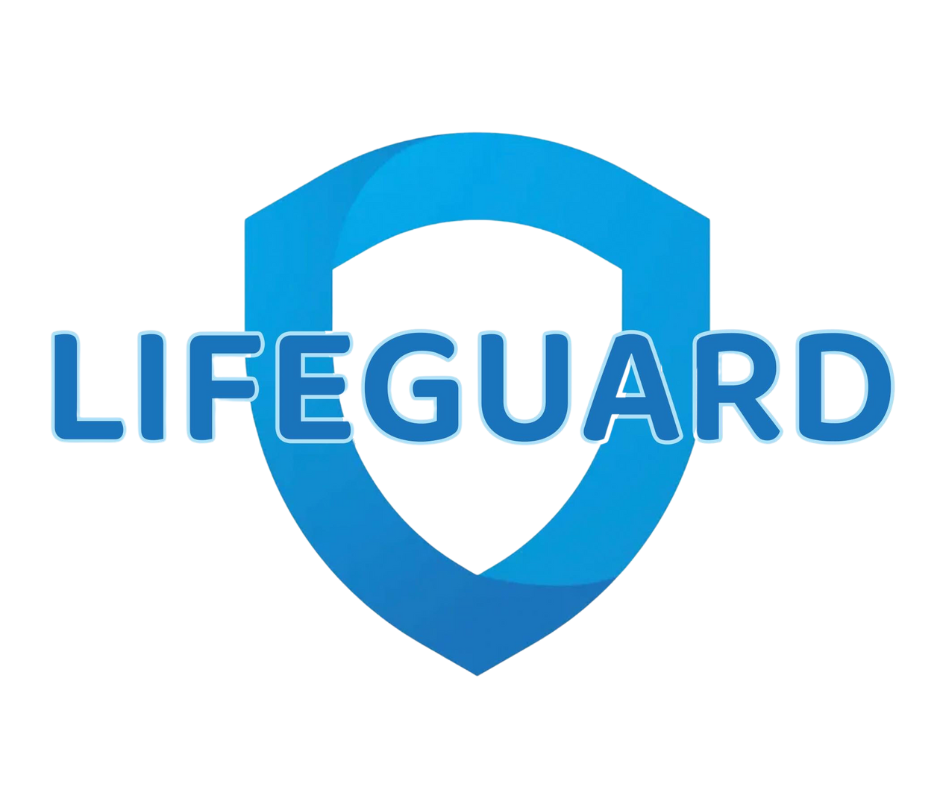Nearly 50% of Canadians do not have a Last Will.
FAQ
Since Wills need to be periodically updated, the LifeGuard Last Will and Testament Kit makes it easy to review your Will at any time because your work is saved when you create an account.
Life insurance
401(k) plan assets
Pension plan assets
Retirement plan assets
Annuities
Property held in a trust
Matrimonial home held jointly
You understand you are making a Will and you know what a Will is;
You understand your relationship to the people mentioned in your Will; and
You understand the types and amount of property you own and how you wish to distribute it
Start Your No-Cost Will Kit Request
*This is a marketing solicitation for insurance. By clicking Submit, I am providing my ESIGN signature and express written consent for a licensed insurance agent from American Income Life Insurance Company, Globe Life And Accident Insurance Company, and National Income Life Insurance Company, and its affiliated companies to use automated or manual technology to call, text, or email for insurance purposes at the telephone number provided, including your wireless number, to arrange a convenient time to deliver your Kit(s) and explain additional insurance coverage available. This may include phone numbers that appear on any state and/or federal Do Not Call list and outside of 8:00 am and 9:00 pm your local time. Once contacted you can text HELP for help and Text STOP to cancel. Message frequency varies. Message and data rates may apply. You are not obligated to buy or change your insurance to get the Kit, the Kit is provided at no cost. I agree to the Privacy Policy and Terms and Conditions, including our mandatory arbitration terms.





